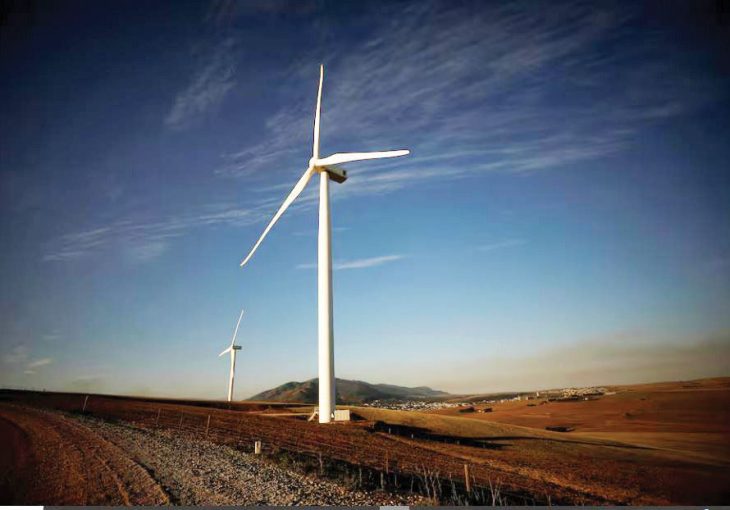
Malawi’s Growth Halted: How Inadequate Financing is Stifling Business Potential
Key Business Points
- Invest in renewable energy: Malawi needs an additional 848 megawatts of renewable energy by 2030 to increase access to energy from 25.9% to 70%, presenting a significant investment opportunity.
- Financing is key: The country’s financial sector must step up to finance the energy transition, with a focus on developing suitable financing products for renewable energy firms.
- Partner with established institutions: Collaborate with institutions that have clear strategies and understanding of the renewable energy industry to access resources and expertise.
Malawi’s transition to clean energy is facing challenges, with the financial sector yet to fully respond to calls to drive the industry’s development. According to the Renewable Energy Industry Association of Malawi (Reiama), the country needs an additional 848 megawatts of renewable energy by 2030 to add 1.1 million people and increase access to energy from 25.9% to 70%. This will require approximately $5.5 billion in investment, highlighting the huge task ahead for renewable energy stakeholders in both the public and private sector.
Reiama President Brave Mhone has emphasized the need for local financial institutions to step up and finance the energy transition, noting that much of the financing of renewable energy projects is currently foreign. To address this, Reiama has secured a partnership with NBS Bank, which is seen as a game-changer. NBS Bank’s Head of Government Business and International Organisation, Melvin Donga, acknowledges the huge financing opportunities in the energy sector, but notes that banks need to work with established institutions that have clear strategies to make economic sense.
The partnership between Reiama and NBS Bank aims to identify investment areas and develop financial products that respond to the financing needs of renewable energy firms. This is essential, as financial institutions currently lack knowledge about the emerging renewable energy industry and have not developed suitable financing products. Diversifying the energy mix is also crucial, with plans to promote off-grid solar power technologies and explore other potential clean power sources like geothermal and wind.
Malawi’s energy industry is anchored by hydro power infrastructure concentrated on the Shire River, but there are opportunities to invest in other areas, such as geothermal and wind energy. With the right financing and partnerships, the country can unlock these opportunities and drive economic growth. As the country moves towards a cleaner and more sustainable energy future, it is essential for the business community to take note of the investment opportunities and challenges ahead. By working together, Malawi can achieve its renewable energy targets and create a more prosperous future for all.
What are your thoughts on this business development? Share your insights and remember to follow us on Facebook and Twitter for the latest Malawi business news and opportunities. Visit us daily for comprehensive coverage of Malawi’s business landscape.
- Malawi’s K1.2tn Gold Smuggling Scourge: A Threat to Business Growth and Economic Stability - February 1, 2026
- Revitalizing Malawi’s Economy: Lower Food Prices Signal New Growth Opportunities - January 31, 2026
- Revitalizing Malawi’s Economy: Tackling Climate Related Underfunding for Sustainable Growth - January 30, 2026
